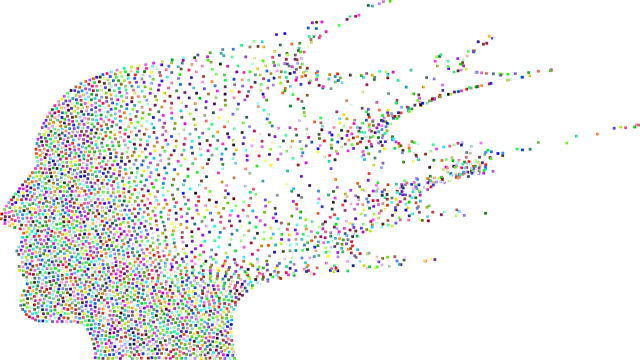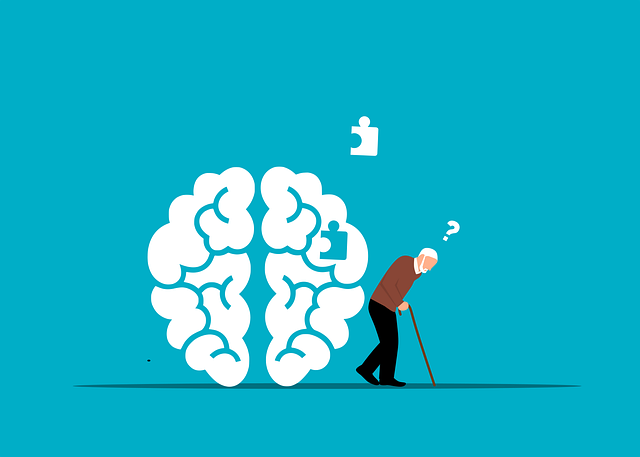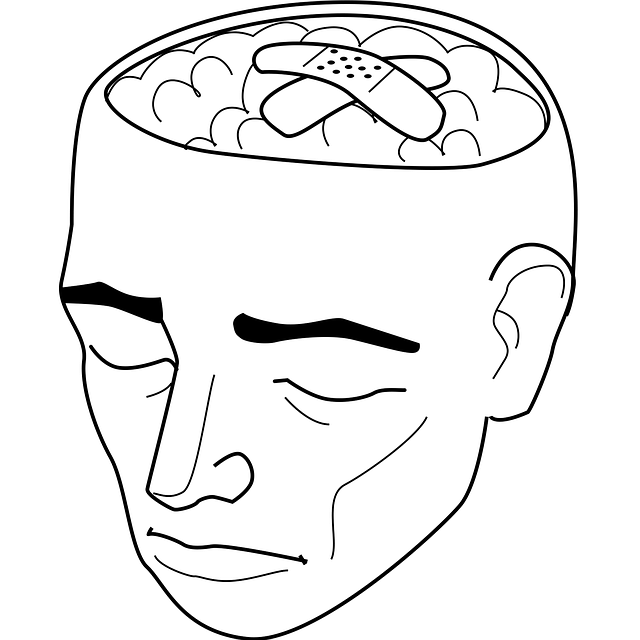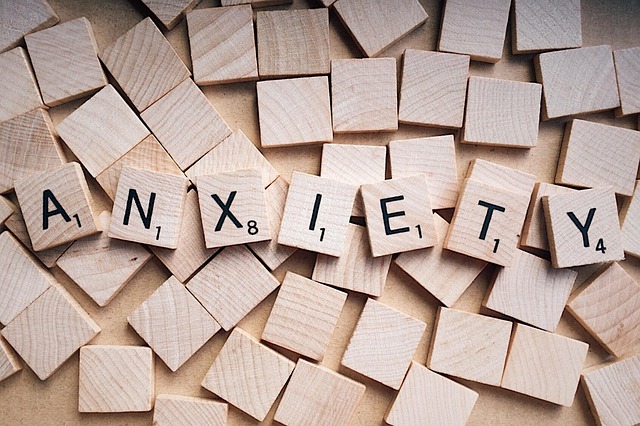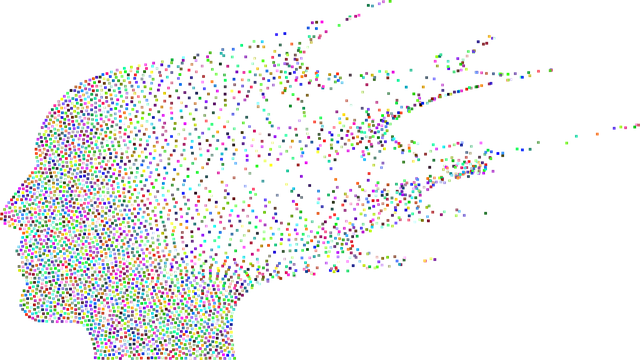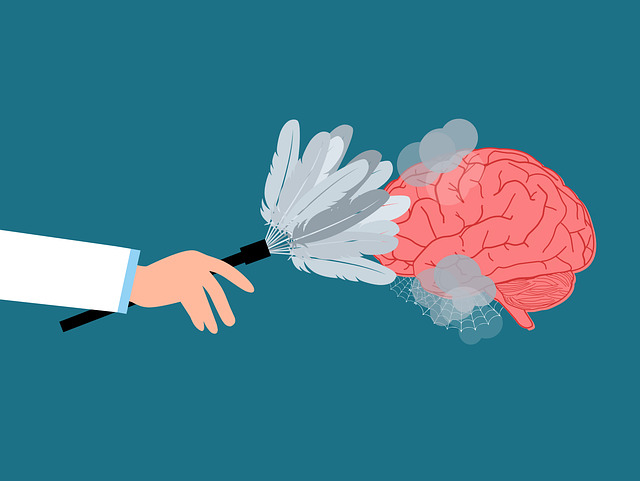Cultural sensitivity is vital in mental healthcare, especially when addressing Lafayette Oppositional Defiance Disorder (ODD). Understanding diverse cultural beliefs and practices influences effective treatment approaches. A holistic strategy, incorporating tailored mindfulness meditation and recognizing family dynamics, enhances therapeutic outcomes for clients from various backgrounds. Skilled therapists navigate cultural nuances, offer inclusive environments, and use evidence-based practices to manage ODD symptoms successfully. Tailoring therapy to cultural preferences builds trust, improves emotional regulation, and promotes long-lasting positive results. Comprehensive training and stigma reduction efforts are crucial for providing accessible, culturally sensitive Lafayette ODD therapy to all individuals.
“Cultural sensitivity is a cornerstone in providing effective mental healthcare, especially when addressing diverse populations. This article explores the intricate relationship between culture and mental health, focusing on how background influences conditions like Lafayette Oppositional Defiance Disorder (ODD). We delve into strategies for culturally competent therapy, offering insights through a case study of ODD within a diverse community. By understanding these approaches, professionals can overcome barriers and deliver tailored care for improved outcomes.”
- Understanding Cultural Sensitivity in Mental Healthcare
- The Impact of Cultural Background on Mental Health Conditions
- Lafayette Oppositional Defiance Disorder (ODD): A Case Study
- Strategies for Culturally Competent Therapy
- Overcoming Barriers: Addressing the Lafayette ODD within a Diverse Population
Understanding Cultural Sensitivity in Mental Healthcare

Cultural sensitivity in mental healthcare refers to the ability of practitioners to understand and respect the diverse cultural beliefs, values, and practices of their clients. This involves recognizing that mental illness and its treatment can be influenced by cultural factors, such as family dynamics, community support systems, and traditional healing methods. By incorporating these insights into therapy sessions, professionals like those offering Lafayette Oppositional Defiance Disorder Therapy (ODD) can create a more inclusive and effective care environment.
Mental wellness is often conceptualized differently across cultures, which can impact how individuals express and perceive mental illness. Mental illness stigma reduction efforts have emphasized the importance of cultural sensitivity in dispelling misconceptions and fostering open conversations. Mindfulness meditation, for instance, while universally beneficial, may need to be tailored to accommodate cultural preferences or practices. This holistic approach not only enhances therapeutic outcomes but also strengthens the bond between healthcare providers and their clients from diverse backgrounds.
The Impact of Cultural Background on Mental Health Conditions

Understanding the impact of cultural background on mental health conditions is paramount in modern healthcare practices, especially when considering conditions like Oppositional Defiant Disorder (ODD). Every individual carries a unique blend of experiences and beliefs shaped by their culture, which significantly influences how they perceive and cope with mental health challenges. For instance, individuals from diverse ethnic and cultural backgrounds may exhibit different symptoms or express distress in various ways due to deeply rooted societal norms and values.
This cultural dimension is crucial when applying therapy models like Lafayette Oppositional Defiance Disorder Therapy. Therapists must be adept at navigating these nuances to ensure effective treatment. Incorporating strategies such as conflict resolution techniques, fostering inner strength development, and engaging in compassion cultivation practices can resonate differently with various cultural groups. By recognizing and respecting these differences, healthcare professionals can create inclusive environments that promote healing and well-being for all clients.
Lafayette Oppositional Defiance Disorder (ODD): A Case Study

In the realm of mental healthcare, cultural sensitivity is paramount to delivering effective treatment, especially when addressing conditions like Lafayette Oppositional Defiance Disorder (ODD). ODD, characterized by a persistent pattern of angry and defiant behavior, often presents unique challenges for therapists due to its complex interplay with cultural factors. For instance, a patient’s background, family dynamics, and community influences can significantly impact the manifestation and severity of ODD symptoms. Therefore, therapists must be adept at navigating these complexities to provide tailored Lafayette Oppositional Defiance Disorder therapy.
A culturally sensitive approach to ODD treatment involves recognizing and respecting the individual’s cultural context while incorporating evidence-based practices. By understanding the patient’s heritage, beliefs, and values, therapists can avoid potential pitfalls of miscommunication and build a stronger therapeutic alliance. Moreover, integrating conflict resolution techniques and anxiety relief strategies that resonate with the client’s culture can enhance engagement and adherence to treatment plans. This holistic approach not only aids in managing ODD symptoms but also promotes burnout prevention for both the patient and care provider, ensuring long-lasting positive outcomes.
Strategies for Culturally Competent Therapy

Cultural sensitivity is a cornerstone for mental healthcare practitioners, enabling them to offer effective therapy tailored to each client’s unique background and experiences. When working with diverse populations, therapists must be adept at navigating cultural nuances to foster trust and understanding. One of the key strategies in culturally competent therapy involves active listening and open communication. This means creating a safe space where clients feel comfortable sharing their perspectives, beliefs, and values without judgment. By doing so, therapists can gain valuable insights into their client’s lived experiences, especially when addressing issues like Oppositional Defiance Disorder (ODD) in Lafayette.
Additionally, incorporating cultural elements into therapy sessions can significantly enhance treatment outcomes. This might include using culturally relevant examples, storytelling techniques, or activities that resonate with the client’s background. For instance, crisis intervention guidance tailored to specific cultures can help individuals manage intense emotions and improve their ability to regulate emotional responses. Further, focusing on self-esteem improvement through cultural affirmation and validation can be a powerful tool in therapy. This personalized approach not only respects but also empowers clients, ultimately contributing to their overall mental well-being.
Overcoming Barriers: Addressing the Lafayette ODD within a Diverse Population

Overcoming barriers to mental healthcare access is especially critical when working with diverse populations, such as those struggling with Lafayette Oppositional Defiance Disorder (ODD). Stigma reduction efforts are vital; both patients and their families often face significant stigma associated with ODD, impacting their willingness to seek therapy. Mental illness stigma can be a significant obstacle, so healthcare providers must foster an environment of acceptance and understanding. By promoting confidence-boosting initiatives and integrating cultural competency training for providers, we can address these barriers.
The Lafayette ODD community may have unique needs that differ from more homogenous populations. Healthcare providers should be equipped to navigate these differences through comprehensive training. This training enables professionals to recognize and appreciate the role of cultural context in shaping mental health experiences. By embracing this approach, mental healthcare practices can offer tailored support, ensuring culturally sensitive therapy for all individuals, regardless of their background.
Cultural sensitivity in mental healthcare is no longer a consideration, but an essential practice. Understanding the impact of cultural background on mental health conditions, as illustrated by the case study of Lafayette Oppositional Defiance Disorder (ODD), underscores the need for culturally competent therapy. By employing strategies that bridge cultural gaps and overcome barriers, mental health professionals can effectively address diverse issues like ODD within a heterogeneous population. This approach not only enhances therapeutic outcomes but also fosters trust and accessibility in care. Integrating cultural sensitivity into mental healthcare ensures that everyone receives personalized support tailored to their unique needs.


